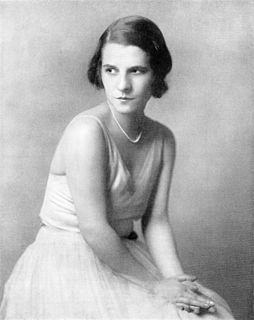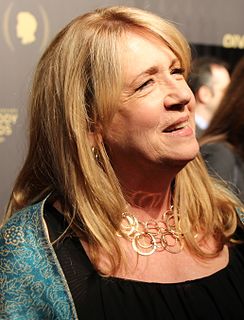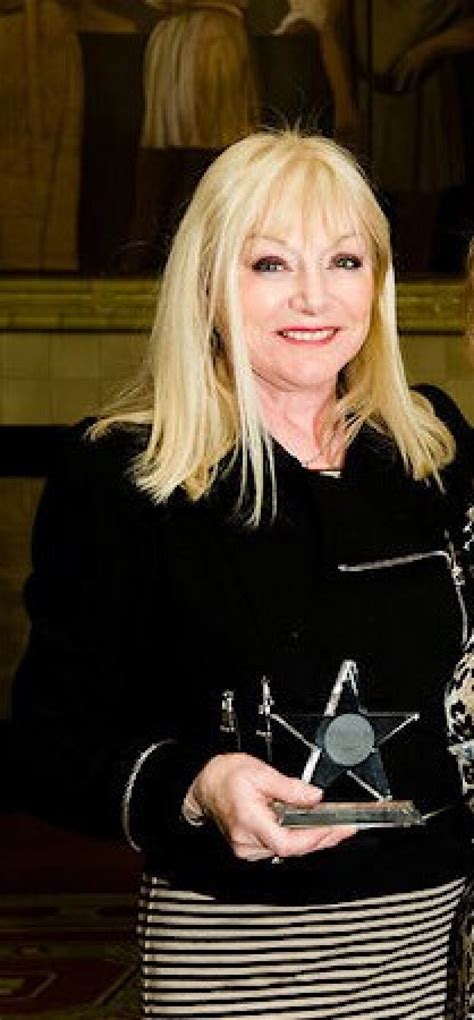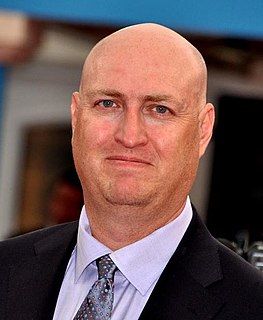A Quote by Christina Stead
Socialist writers are made of sterner stuff than those who only let their characters steeplechase through trouble in order to comeout first in the happy ending of moral uplift.
Related Quotes
Life is getting through the moment. The philosopher William James says to cultivate the cheerful attitude. Now nobody had more trouble than he did -- except me. I had more trouble in my life than anybody. But your first big trouble can be a bonanza if you live through it. Get through the first trouble, you'll probably make it through the next one.
I made a list of the happiest periods in my life, and I realized that none of them involved money. I realized that building stuff and being creative and inventive made me happy. Connecting with a friend and talking through the entire night until the sun rose made me happy. Trick-or-treating in middle school with a group of my closest friends made me happy. Eating a baked potato after a swim meet made me happy. Pickles made me happy.
The Leftovers was an absolutely extraordinary experience. After the first season of learning to work with Damon Lindelof and Tom Perrotta, and all of the writers, you didn't question it because it all made sense. Because Damon knows those characters so well and has thought it through so well, there was never a time that I asked a question where it wasn't answered fully.
When writers are self-conscious about themselves as writers they often keep a great distance from their characters, sounding as if they were writing encyclopedia entries instead of stories. Their hesitancy about physical and psychological intimacy can be a barrier to vital fiction. Conversely, a narration that makes readers hear the characters' heavy breathing and smell their emotional anguish diminishes distance. Readers feel so close to the characters that, for those magical moments, they become those characters.
I can't really write anything without knowing the ending. I don't know how people do that. Even with my superhero stuff, I have to know at least where I want to take the characters and what the ending of my story with them will be. I just can't structure stories or character arcs and stuff without knowing the endpoint.
Many writers write across difference of one kind or another. Sometimes the difference is large and recognizable: gender, or race, or religion, or sexuality. And sometimes the differences are smaller. ... Where authors get into trouble is in trying to make those different characters stand in for whole groups of people, or for creating characters only to fetishize or explore their supposed otherness. Your character can be wildly different from you, as long as he's written with respect and, moreover, specificity.
Taken as a whole, the Chinese revolutionary movement led by the Communist Party embraces the two stages, i.e., the democratic and the socialist revolutions, which are two essentially different revolutionary processes, and the second process can be carried through only after the first has been completed. The democratic revolution is the necessary preparation for the socialist revolution, and the socialist revolution is the inevitable sequel to the democratic revolution. The ultimate aim for which all communists strive is to bring about a socialist and communist society.
I think at some level, it's just alchemy that we, as writers, can't explain when we write the characters. I don't set out to create the characters - they're not, to me, collections of quirks that I can put together. I discover the characters, instead. I usually go through a standard set of interview questions with the character in the beginning and ask the vital stuff: What's important to you? What do you love? Hate? Fear? .. and then I know where to start. But the characters just grow on their own, at a certain point. And start surprising me.






































